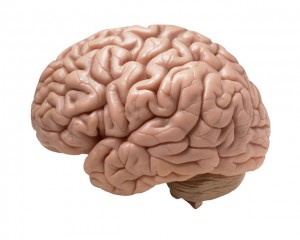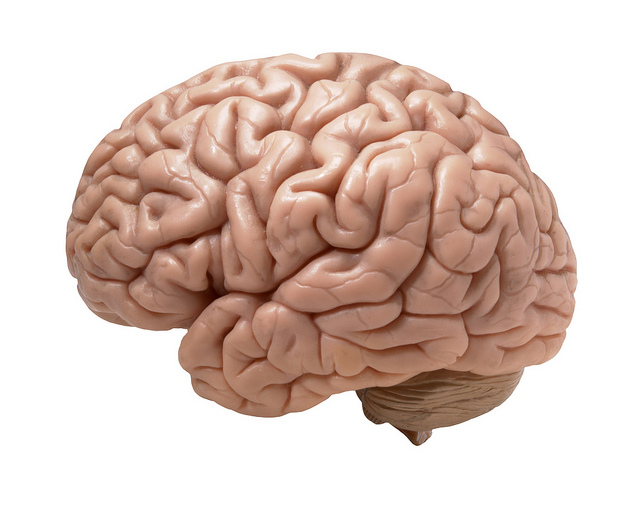Increased Protein In Brain Linked To Slower Mental Decline, Study Suggests
 A study published in Neurology has shown that older people with higher amounts of a protein, known as BDNF, exhibit a slower decline in their memory than those with a lower amount.
A study published in Neurology has shown that older people with higher amounts of a protein, known as BDNF, exhibit a slower decline in their memory than those with a lower amount.
The rate of cognitive decline was 50 per cent slower for those with the highest 10 per cent concentration of protein (which is found in the brain) compared to those with the lowest 10 per cent. The effect of plaques and tangles in the brain on cognitive decline was reduced for people with high levels of BDNF.
The study involved 535 people with an average age of 81 who were followed until death, for an average of six years. They took yearly tests of their thinking and memory skills, and after death, a neurologist reviewed their records and determined whether they had dementia, memory and thinking problems, or no thinking and memory problems. Autopsies were conducted on their brains after death to measure the amount of protein present.
Dr Doug Brown, Director of Research at Alzheimer’s Society, said:
‘We already know that this particular protein, BDNF, promotes the growth of new brain cells and is produced in areas of the brain responsible for memory and learning. The study suggests a link between a higher production of this protein and slower mental decline.’
‘This is very early stage research. It’s not possible to say if the protein is the cause of the improved thinking and memory or an effect of it. If developed further, this research could help us to understand why Alzheimer’s disease progresses at different rates in people. In turn, better understanding of this could shed light on ways to make the brain more resilient against the damage caused by the disease.’





